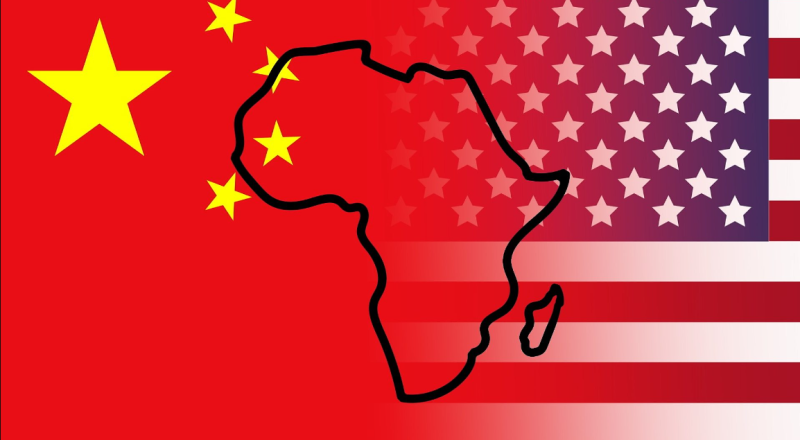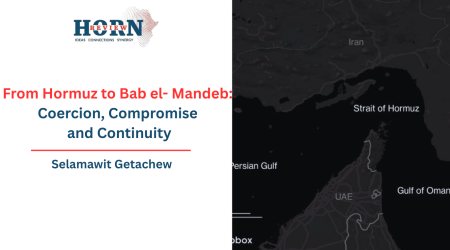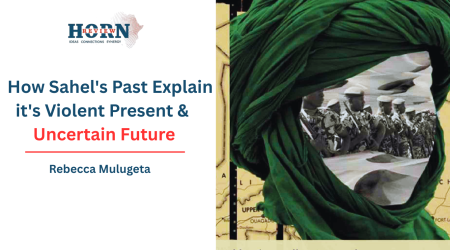
5
Feb
Beyond the US and China: Russia’s Growing Role in Africa
For decades, the global order has been shaped by US dominance, but China has emerged as a major competitor. This US-China rivalry has reshaped geopolitics, influencing trade, military alliances, and diplomatic engagement. Africa, rich in resources and strategic value, has been caught between these two powers. The US maintains security partnerships, while China invests in infrastructure and natural resources. Amid this competition, Russia is positioning itself as an alternative, emphasizing sovereignty and mutual benefit over ideological conditions.
Africa in the US-China Power Struggle
The US and China are locked in economic, military, and ideological competition. Trade disputes and technological rivalries have intensified, while military tensions in the South China Sea and Taiwan continue to escalate.
African nations are affected by this rivalry. China, through its Belt and Road Initiative (BRI), has invested heavily in African infrastructure, while the US counters with security alliances and development aid. However, both powers face skepticism—China for its debt-driven investments and the US for political interventions. This creates an opening for Russia, which presents itself as a non-interventionist alternative.
Russia’s Strategic Approach in Africa
Unlike the US, which leads the Western bloc, and China, with its vast economic reach, Russia operates independently, using its military expertise, natural resources, and diplomatic ties to expand influence.
Since the collapse of the Soviet Union, Russia’s role in Africa declined, but it has resurged through military agreements, arms sales, and security cooperation. The Wagner Group has supported governments in the Central African Republic and Mali, while Russia has strengthened energy partnerships in nuclear power and oil extraction. In the Horn of Africa, Moscow has built closer ties with Ethiopia, Eritrea, and Sudan to expand its naval and economic presence.
Russia’s Appeal: Sovereignty and Non-Interference
Russia capitalizes on African nations’ historical grievances toward the West. Many leaders resent Western colonial legacies, economic dominance, and interventionist policies. Unlike the US, which ties aid to governance reforms, or China, which imposes debt-heavy infrastructure projects, Russia emphasizes direct, government-to-government agreements without political conditions.
Moscow’s non-interference stance sets it apart. While the US promotes democracy and China focuses on economic influence, Russia works with any government, regardless of political structure. This allows African leaders to engage on their own terms, avoiding Western conditionalities and China’s debt diplomacy.
Challenges and Future Considerations
Russia’s growing presence in Africa offers an alternative amid US-China competition. By positioning itself as a neutral, pragmatic partner, Moscow appeals to nations disillusioned with Western influence. However, questions remain about the sustainability of Russian commitments and whether its partnerships genuinely benefit Africa.
As global power dynamics evolve, Russia’s influence will shape Africa’s geopolitical landscape. African nations must navigate these relationships carefully, ensuring external partnerships align with their long-term development goals rather than merely serving Moscow’s geopolitical ambitions.
By Samiya Mohammed










